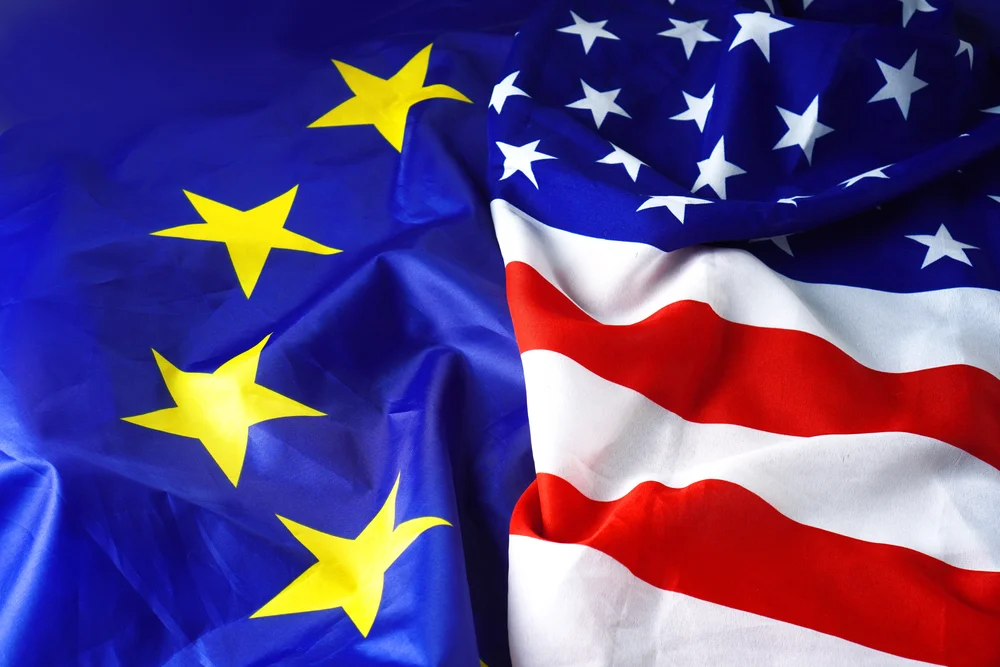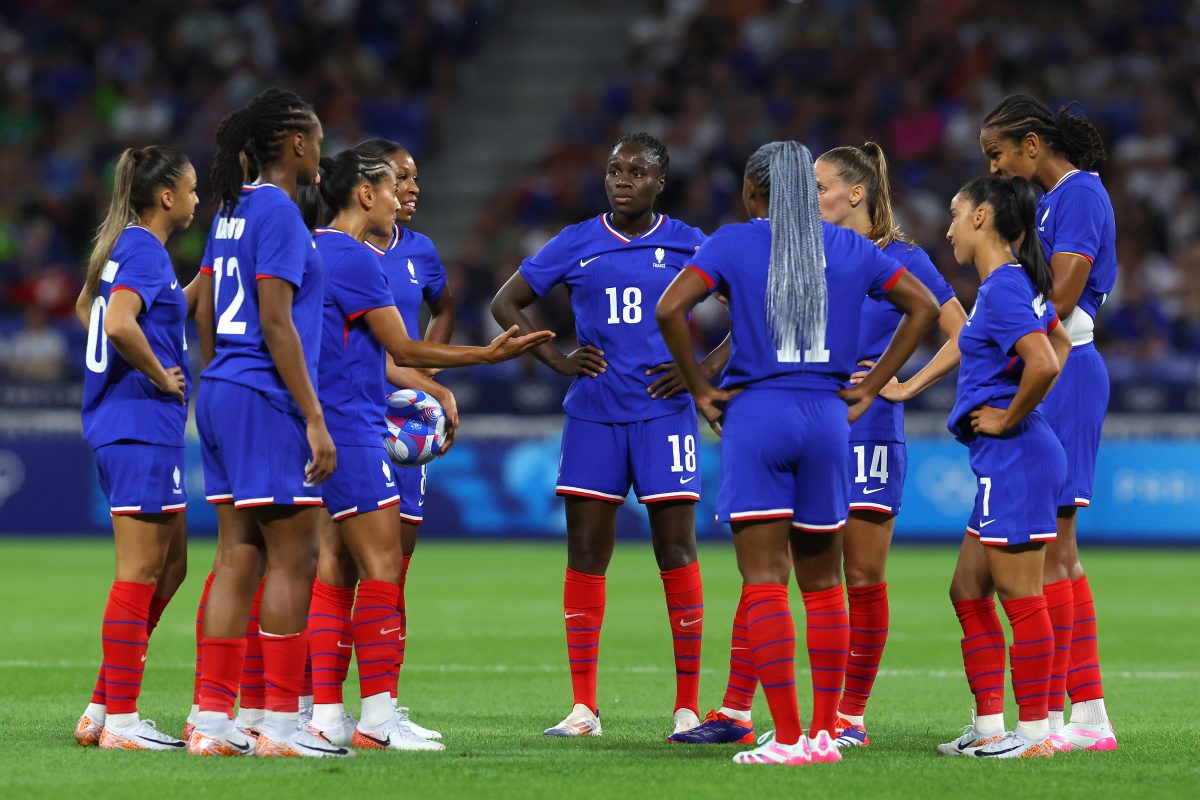NBA
NBA Explores Europe Options, Including Launch of New League

During the last several years, the NBA, International Basketball Federation (FIBA) and EuroLeague have discussed how to cooperatively grow the game of basketball in Europe during a time when the star power from the continent in the NBA is greater than ever.
Those conversations are ongoing, but now for the first time, the NBA is considering a variety of more ambitious options that could exclude the EuroLeague. One of those would include a new standalone NBA Europe league, according to multiple people familiar with the NBA’s thinking who were not authorized to speak publicly.
The league has been approached by stakeholders on several ways to expand the European business outside of a EuroLeague partnership. Any new property would be launched in cooperation with FIBA, which has a long relationship with the NBA and on whose central board NBA deputy commissioner Mark Tatum sits.
Last month, the NBA hired boutique investment bank Raine Group to evaluate the NBA’s opportunities in Europe. The goal is to bridge the gap between the massive basketball fan interest and the size of the current business in Europe.
The NBA and Raine both declined to comment on the plans.
The NBA’s discussions with the EuroLeague to date have been on ways to support it, with one possibility being to tap the NBA’s team marketing and business operations department (TMBO). Another would be to sell partnerships for the EuroLeague, as the NBA does for USA Basketball.
New proposals include an NBA and FIBA-operated league, drawing on what the NBA has done in Africa with the Basketball Africa League (BAL), which launched in 2021 and tipped off its fourth season this weekend.
NBA Africa brought in strategic investors including a consortium led by Tunde Folawiyo, chairman of Yinka Folawiyo Group and Helios Fairfax Partners, led by co-CEO Tope Lawani, for the NBA’s first standalone league outside of North America. A new NBA Europe league would almost certainly include strategic investors with ties to the region.
Also being considered is an intercontinental competition with high profile teams from Europe and other regions of the world, like FIBA’s existing Intercontinental Cup.
These conversations are in their preliminary stages and formats or locations have not been determined, but what is ultimately created could establish a model for other parts of the globe.
The NBA currently generates a few hundred million dollars a year in Europe, a blip in its overall $13 billion business where the average team is worth $4 billion. The number of NBA broadcasts aired during primetime in Europe is constrained by time zones with only roughly 40 weekend games a year broadcast in primetime. One of the reasons behind the BAL was to create more primetime viewing for fans in Africa.
The NBA thinks that the basketball ecosystem in Europe and Middle East could be worth as much as $3 billion in annual revenue, based on Raine’s projections.
The NBA has not been shy about its global ambitions and has hosted more than 200 games outside the U.S. and Canada—mostly recently in Paris in January—but there is a sense of frustration that the European basketball business has not expanded more with the current star power in the league.
The NBA hired a new managing director of NBA Europe & Middle East, Djamel Agaoua, who most recently was COO at Paris-based media company Brut. Agaoua’s appointment has not previously been announced, but his entrepreneurial background hints that the NBA has greater ambitions in Europe.
The NBA had a record 64 European players on opening day rosters this season. They include stars Nikola Jokic, Giannis Antetokounmpo, Luka Doncic, Domantas Sabonis and rookie 7-foot-4 French sensation Victor Wembanyama, who is the third-most viewed player on social media this season behind only LeBron James and Stephen Curry.










